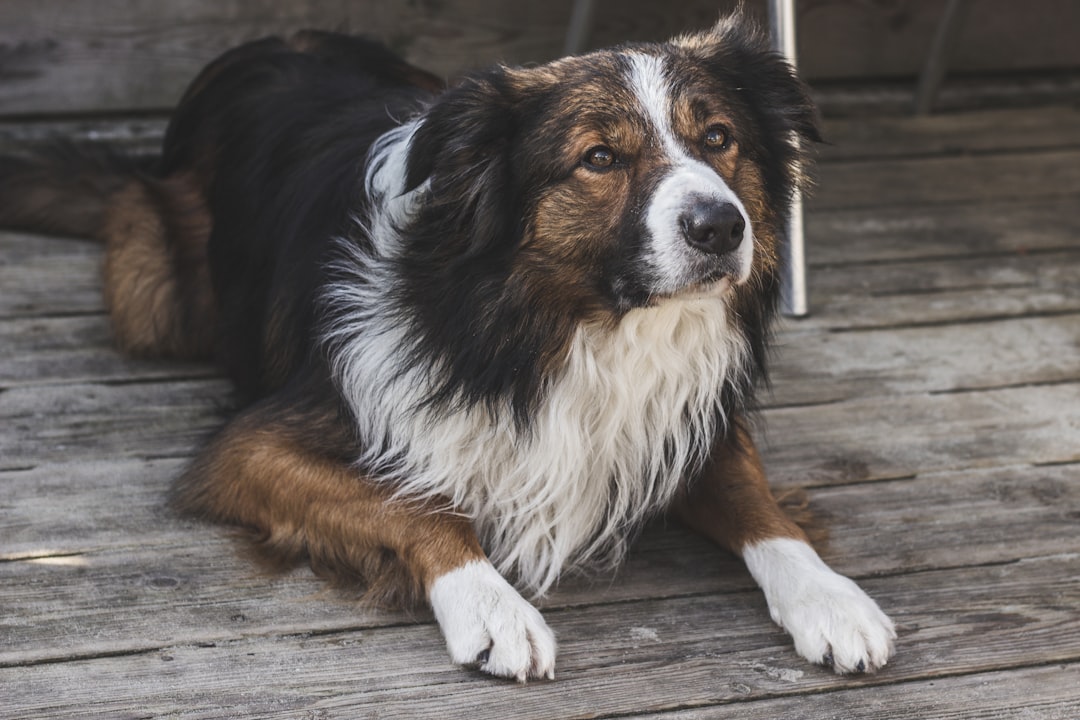Dog separation anxiety Parker is a common issue that many pet owners face when their furry companions struggle with being alone. This condition can lead to behaviors such as excessive barking, destructive chewing, and even uncontrollable urination. Understanding the common causes of dog separation anxiety and knowing how to address them can help alleviate your pet’s distress and improve their overall well-being.
One of the primary reasons why dogs experience separation anxiety is because they have formed a strong bond with their owners. Dogs are social animals that thrive on the companionship and interaction with their human family members. When left alone for extended periods, they can feel lonely and anxious, leading to distressing behaviors.
Another common cause of dog separation anxiety is a lack of proper training and socialization. Dogs that have not been taught how to stay calm and relaxed when left alone may struggle with being separated from their owners. It is essential to start training your dog from a young age and gradually build up their independence and confidence.
Changes in a dog’s routine or environment can also trigger separation anxiety. Moving to a new home, changes in work schedules, or the addition of a new family member can disrupt a dog’s sense of security and stability. To help alleviate your dog’s anxiety in such situations, it is important to provide them with a consistent routine and familiar surroundings.
Medical issues can also contribute to dog separation anxiety. Dogs that are in pain or discomfort may exhibit anxious behaviors when left alone. If you suspect that your dog’s separation anxiety is due to a medical condition, it is crucial to consult with a veterinarian to rule out any underlying issues.
To address dog separation anxiety Parker, there are several strategies you can implement to help your pet feel more comfortable and secure when left alone. Providing your dog with plenty of exercise and mental stimulation can help reduce their anxiety levels and tire them out, making it easier for them to relax when you are away.
Establishing a secure and comfortable space for your dog while you are gone can also help alleviate their anxiety. Create a designated area with their favorite toys, bedding, and comforting items to help them feel safe and secure in your absence.
Gradually desensitizing your dog to being alone can also help them overcome separation anxiety. Start by leaving them alone for short periods and gradually increase the duration over time. This can help build your dog’s confidence and independence when left alone.
By understanding the common causes of dog separation anxiety and implementing strategies to address them, you can help your furry companion feel more secure and comfortable when you are away. With patience, consistency, and love, you can help your dog overcome their separation anxiety and be a happy and well-adjusted pet.

